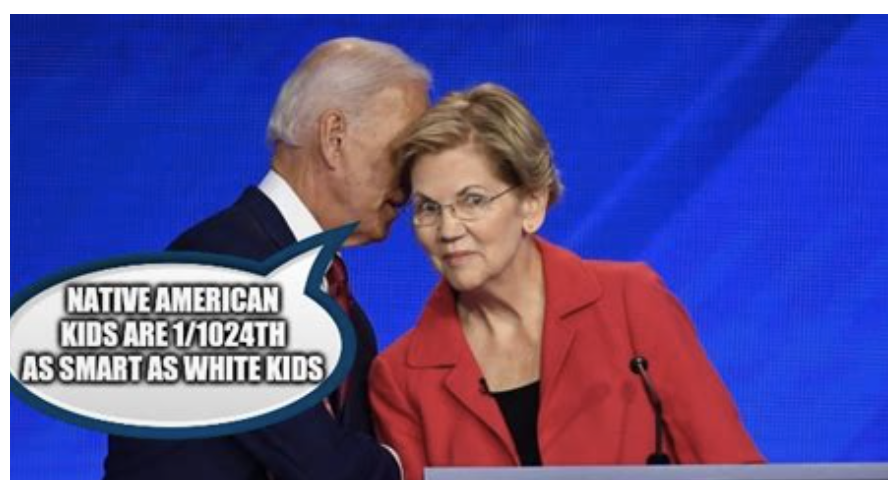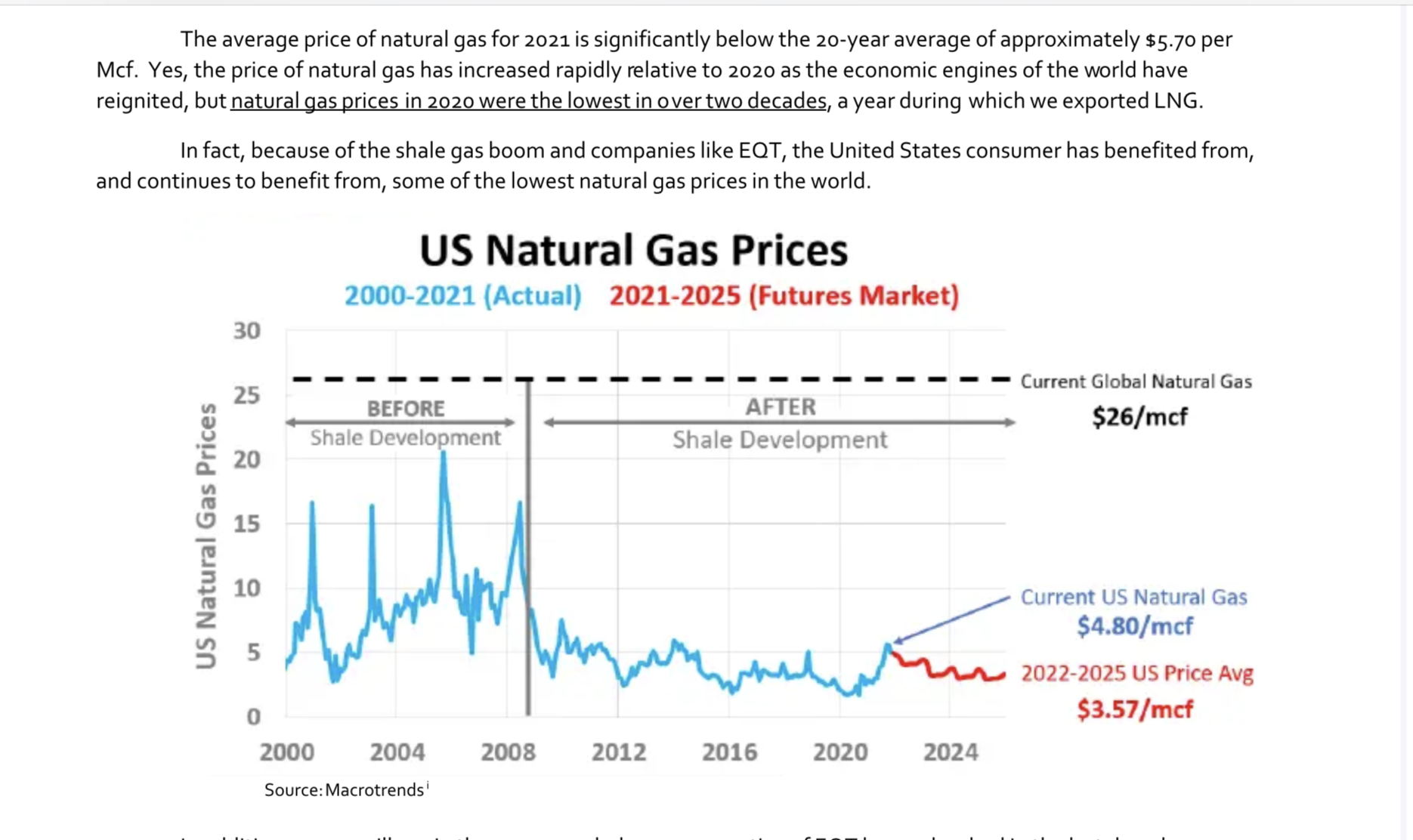Fauxcahontas illustrates, yet again, the value of a Harvard professorship granted as an exercise in affirmative action
/Pros dismiss Warren’s criticism: “it’s Economics 101, not rocket science”.
Sen. Elizabeth Warren’s latest attempt to “turn up the heat” on the energy sector sparked a backlash from industry leaders who say the real problem comes from policies the Massachusetts’ Democrat has endorsed.
In recent letters to natural gas producers, Warren blasted what she called their “corporate greed” and demanded an explanation for the record exports of natural gas at the same time prices are rising in the U.S.
Warren wants the industry to respond to questions about “the extent to which these price increases are being driven by energy companies’ corporate greed and profiteering as they moved record amounts of U.S. gas out of the country,” she wrote.
She got a response, but not the one she demanded.
Leaders in the natural gas sector responded with a letter of their own, dismissing Warren’s comments as a diversion, one intended to distract consumers from the impact of the energy policies she’s championed.
“This a misguided and headline-grabbing ploy,” says David E. Callahan, president of the Marcellus Shale Coalition (MSC).
“If she knows anything about these highly complex energy markets, she must know what’s really going on here,” added Callahan, who co-authored a response letter alongside the leaders of the Gas & Oil Association of West Virginia (GO-WV), and Ohio Oil & Gas Association (OOGA). “It’s a commodity market, prices ebb and flow, and the market is responding to those signals.”
Pennsylvania and West Virginia are among the top five natural gas producers in the nation, with the Keystone State alone producing one-fifth (21.1 percent) of the nation’s supply. (Texas edges out Pennsylvania for the top spot at 23.9 percent.)
Warren is an aggressive supporter of the Green New Deal, which would drastically restrict the production of oil and natural gas. In her state of Massachusetts, policies blocking the expansion of natural gas pipelines have resulted in Russian LNG tankers in Boston Harbor bringing fuel to the Bay State.
“She has her constituents to represent and her political affiliation to support,” said Charlie Burd, executive director of GO-WV. “But to be perfectly honest, I just think those comments almost show a complete lack of understanding on how energy is explored for, produced, and transported in this country.”
And those constituents are paying the price, according to Callahan.
“Number one, her region has very high energy costs, and her region is severely capacity-constrained when it comes to pipeline infrastructure,” Callahan said. “A Carnegie Mellon study from within the year pointed out that due to those pipeline constraints, customers in the New England region paid upwards of $1.8 billion in excess energy costs during just one month in 2014.”
“It’s really supply and demand 101,” added Burd. “It’s not rocket science.”
UPDATE: The WSJ reports, and Powerline publishes a response to Warren by EQT Corporation CEO Toby Rice. It’s too lengthy to duplicate here — you can read it at the link — but it even comes with pictures! Here’s one of them:


